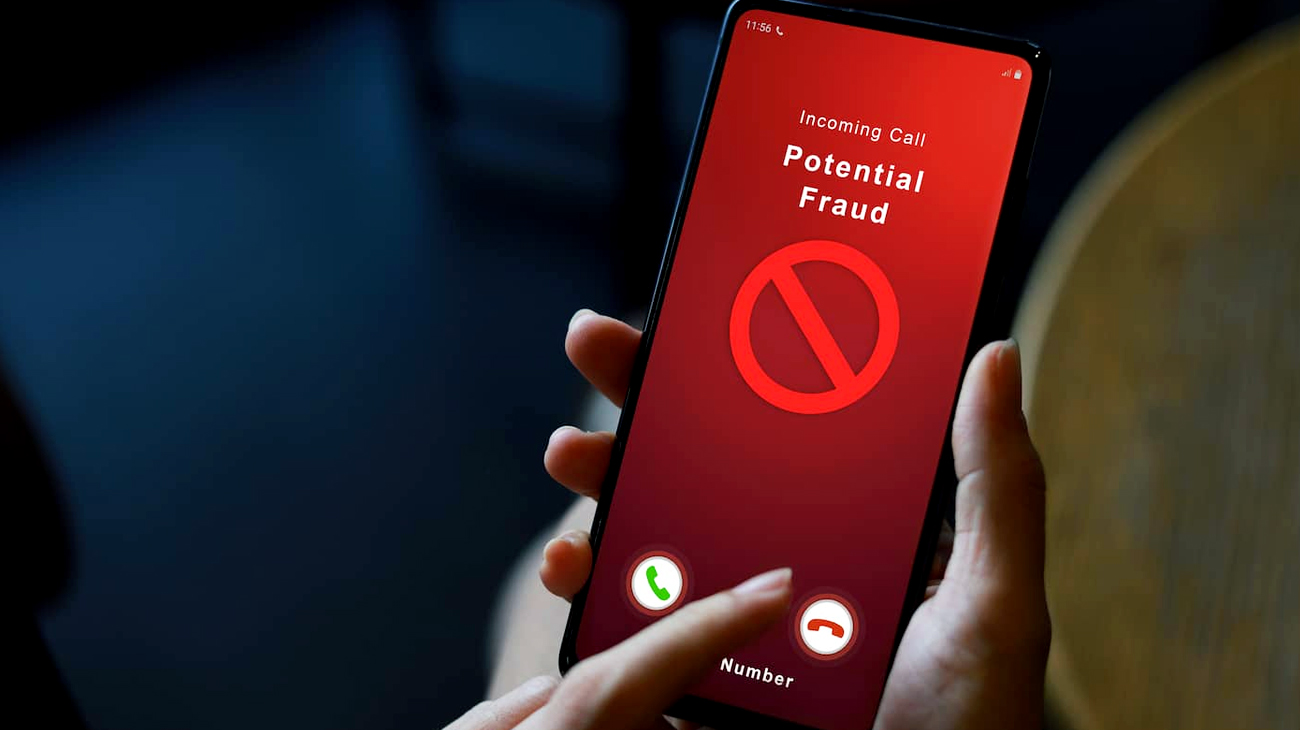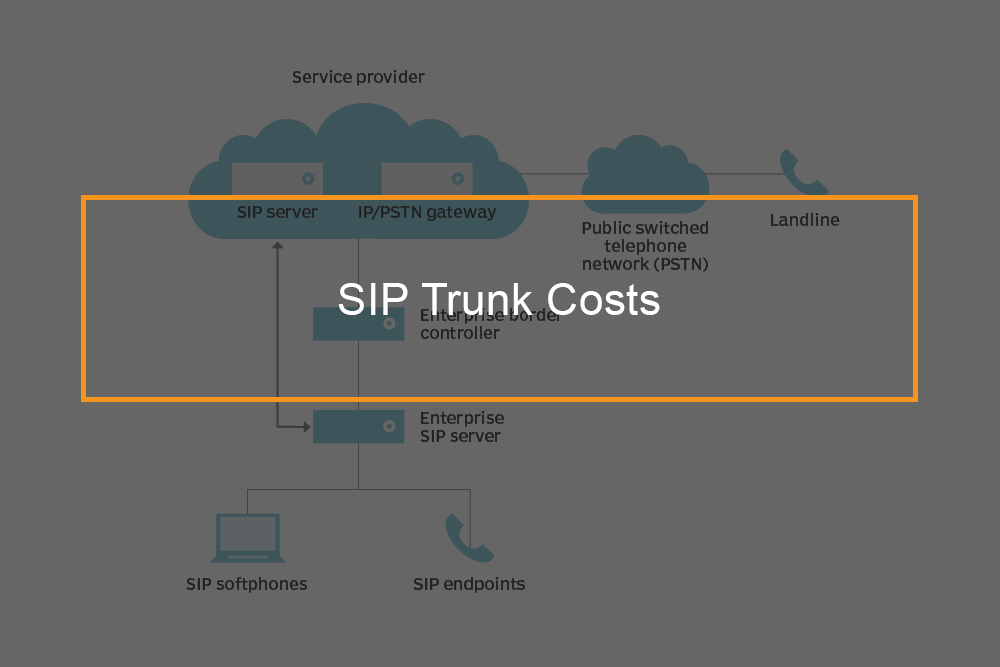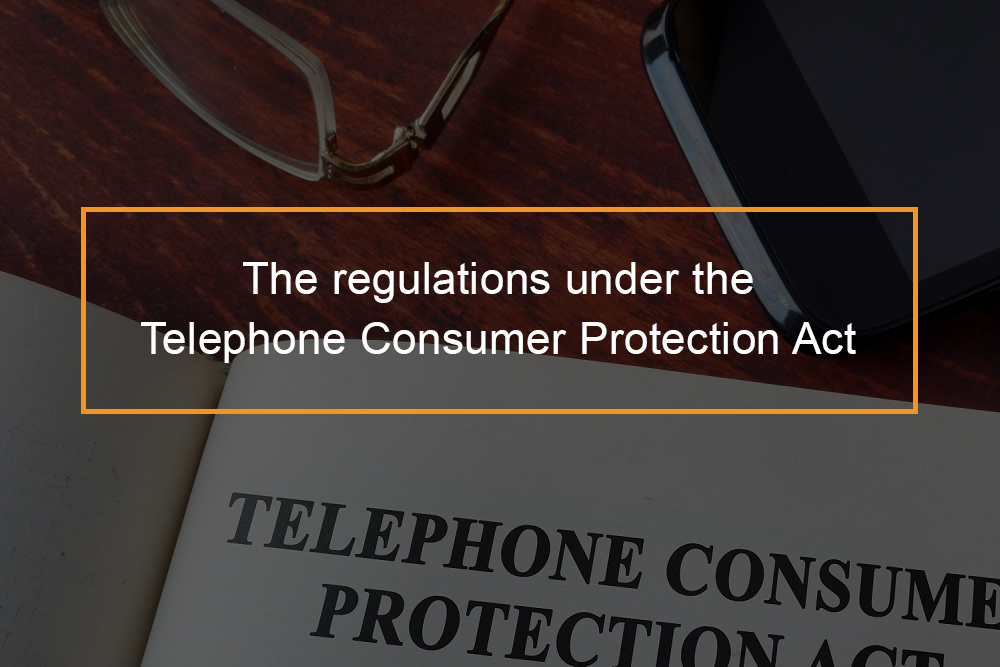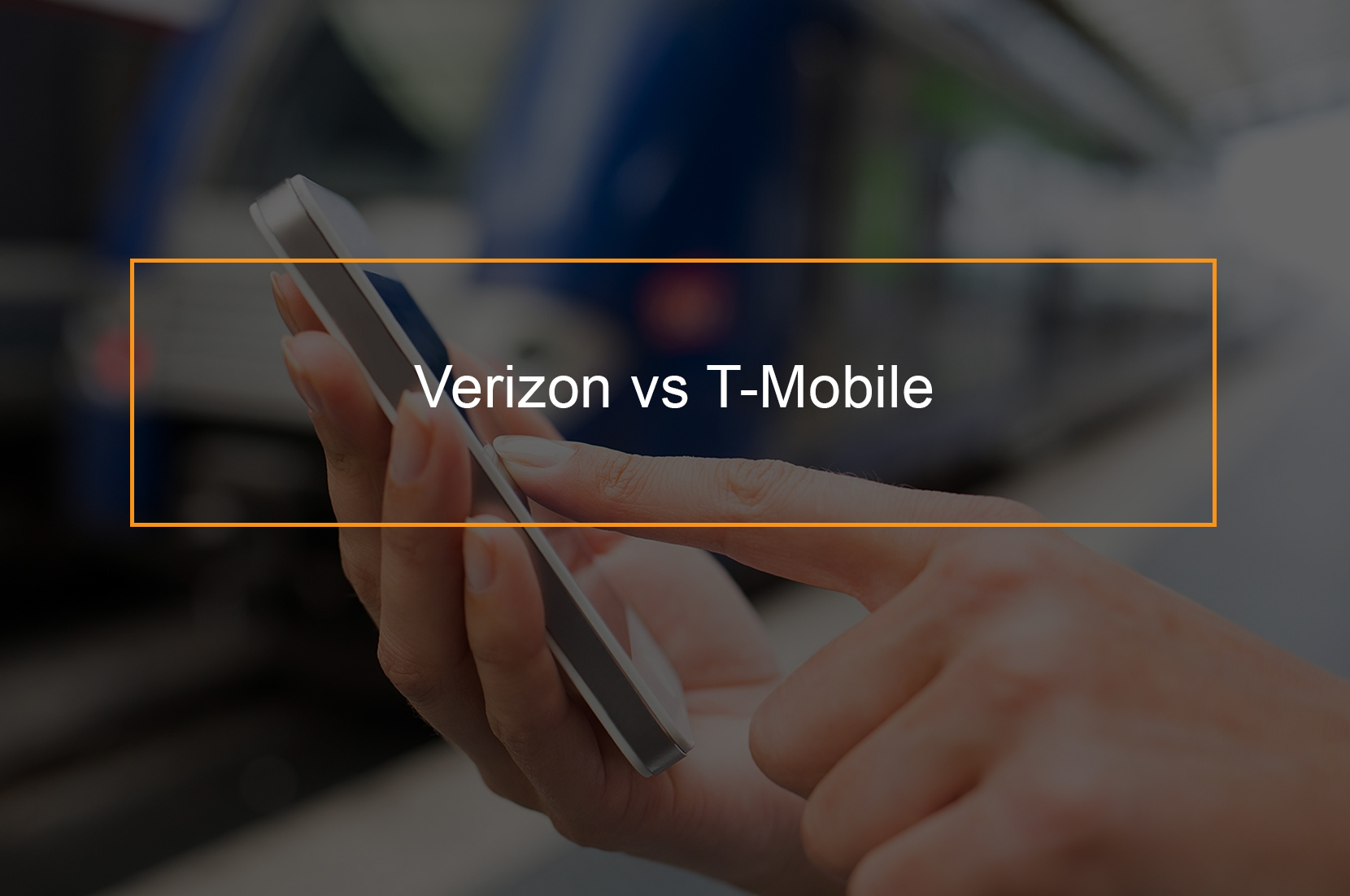What Everyone Should Know about Telemarketing Calls

Telemarketing and Unwanted calls
Is it illegal for telemarketers to call your cell phone? Telemarketers have had a tougher time in recent times. Millions of people have registered their phones at home to the Federal Trade Commissioner’s (FTC) Do not call list.
In addition, many households are no longer using phones, which are available through an assistance database for directory services. Telemarketers have begun making calls to wireless numbers, and then calling them day and night and promoting all sorts of goods and services including legitimate ones and frauds.
Table of Contents
Is it illegal for telemarketers to call your cell phone?
Is it illegal for telemarketers to call your cell phone? Making telemarketing calls to wireless phones is and has always been unlawful in the majority of instances. In the United States, the Federal Communications Commission (FCC) has rules in place to govern the telemarketing business. The FCC prohibits companies from using automated dialing devices to contact phones, when it is costing individuals the money needed to receive the messages.
Since the majority of telemarketers use automated dialing the majority of calls are illegal. It’s acceptable for businesses to manually dial mobile phone numbers manually however, this can be extremely labor-intensive and time-consuming. Many companies do not have the time or resources to perform this.
Federal Rules for Telemarketers

The Telephone Consumer Protection Act (TCPA) was enacted in 1991 as a response to consumer complaints of increasing marketing calls and pre-recorded, automated messages. Invoking the power of the TCPA The Federal Communications Commission (FCC) issued rules that required the telemarketers (defined as any person who solicits your phone) to disclose the following details:
- His or her name
- Name of the entity (typically a business) on whose behalf the call is being made
- A telephone number or address at which this entity can be contacted
Additionally the TCPA prevents telemarketers calling you before the hours of 8:00 a.m. and after 9 p.m.
The Telemarketing Sales Rule enforced by the Federal Trade Commission (FTC) requires additional disclosures, and bans deliberate fraud. The rule also applies to consumer calls in response to solicitations or offers sent via mail or Internet.
| Use the following information to determine whether or not you are speaking with a legitimate telephone marketer: |
|
|
|
|
|
The exceptions to this rule are catalog sales; calls initiated by consumers that aren’t in response to a solicitation; incomplete sales; sales of pay-per call services; calls that respond to advertisements that already have the required disclosures; as well as consumer calls that respond to general ads.
The Telemarketing Fraud

Although marketing calls on the phone are annoying, occasionally calls that appear to be a typical sales pitch is actually a scam. In reality the FTC states that consumers are losing millions of dollars every year due to these fraudulent activities.
Scammers usually get their numbers from directories of telephones mailing lists, directories, and the so-called “sucker lists” with the names and numbers of individuals who have responded to phone solicitations previously. Additionally, fraudulent solicitations are conducted through direct mail, ads in newspapers or on the web (including emails).
| Often, the scammer will use one of the following methods in an attempt to separate you from your money: |
|
|
|
|
|
Don’t divulge personally identifiable details (especially the Social Security Number), bank account numbers or credit card number to anyone you do not know and be wary of any offers from unsolicited calls. You should consider speaking with an attorney for consumer protection should you think that you’ve been a subject of scams, or have any additional questions regarding the laws governing telemarketing.
How can I stop telemarketers from calling my cell phone?
The bottom line is that nearly everyone with an active mobile number is having their personal information being used by telephone callers. Although they might be annoying at the moment however, the unwanted calls could grow to include more calls from telemarketers all day long, or may lead to frauds that could result in you paying a huge price.
Start with registering for the Do Not Call List
If you’ve noticed that your phone’s receiving the calls in a growing number There is a way you can do to stop it. In the first place, you must make sure that your wireless number is registered on the FTC’s Do not Call list.
There’s a myth that the list is just for landlines. Based on the FTC it’s not the situation. You can sign up for your mobile phone, too. It will help reduce however, it does not entirely eliminate unwanted calls.
After you have registered your number There are five kinds of calls that you can keep receiving:
- Companies with which you have had a relationship in the last 18 months. You might have made a purchase or simply requested information. They may legally call for it for the next year and a half.
- Political parties or organizations seeking your vote. Fortunately, you tend to get those calls only around election time.
- Organizations taking a survey. These surveys can sometimes quickly turn into a full-blown sales pitch.
- Charitable organizations.
- Scammers who are operating outside the U.S. and don’t care that they are breaking the law.
Download Call Blockers
Luckily, your phone comes with a feature which allows you to stop these calls. The only drawback is that they typically need to contact you only once before you are able to initiate the blocking. However, experiences have shown that ignoring an ad-hoc telemarketer is likely to result in at most two unwanted calls.
If you do have their number, you can input it into your phone’s call blocking feature. When the telemarketer rings your phone it won’t be ringing on your side. Like you’d expect, the process typically requires different steps for various types of phones.
Frequently Asked Questions
How do telemarketers get your cell phone number?
Most telemarketers purchase telephone numbers from third-party data providers. Here’s how these providers could have acquired your number as per the Better Business Bureau:
- You dialed one of the numbers 800, 888 or 900 numbers (they make use of caller I.D. technology and also collect the numbers of phone calls).
- You made an application for credit.
- You donate to charities.
- You’re a registered voter.
- You purchased something or entered a contest, and you gave your contact number during the procedure.
- Your phone number is printed on your check.
- If you call a company, and they’ve got the caller I.D. (which is what you ought to suppose they have).
How many times can a telemarketer call before it’s harassment?
Every call can trigger responsibility under TCPA for calls made to cell phones. Telemarketers aren’t entitled to an “free call,” before becoming liable. There is no obligation to notify them or give them an opportunity to cease calling you prior to filing suit. For calls to residential lines that are not on the list of do not call A claim under the TCPA is triggered if you receive two calls over a 12- month time frame.
In reality, many consumers could receive multiple calls in violation of the TCPA until they’re so annoyed to seek legal assistance. If a telemarketer has repeatedly called, particularly after the request of a customer not to contact or use their mobile phone, that is evidence that the caller’s behavior is deliberate, allowing for an additional amount of $1,500 for each call recouped.
If you believe you’re receiving unwanted calls from debt collectors or telemarketers at your home or mobile phone, contact an attorney who knows how to protect your rights.









